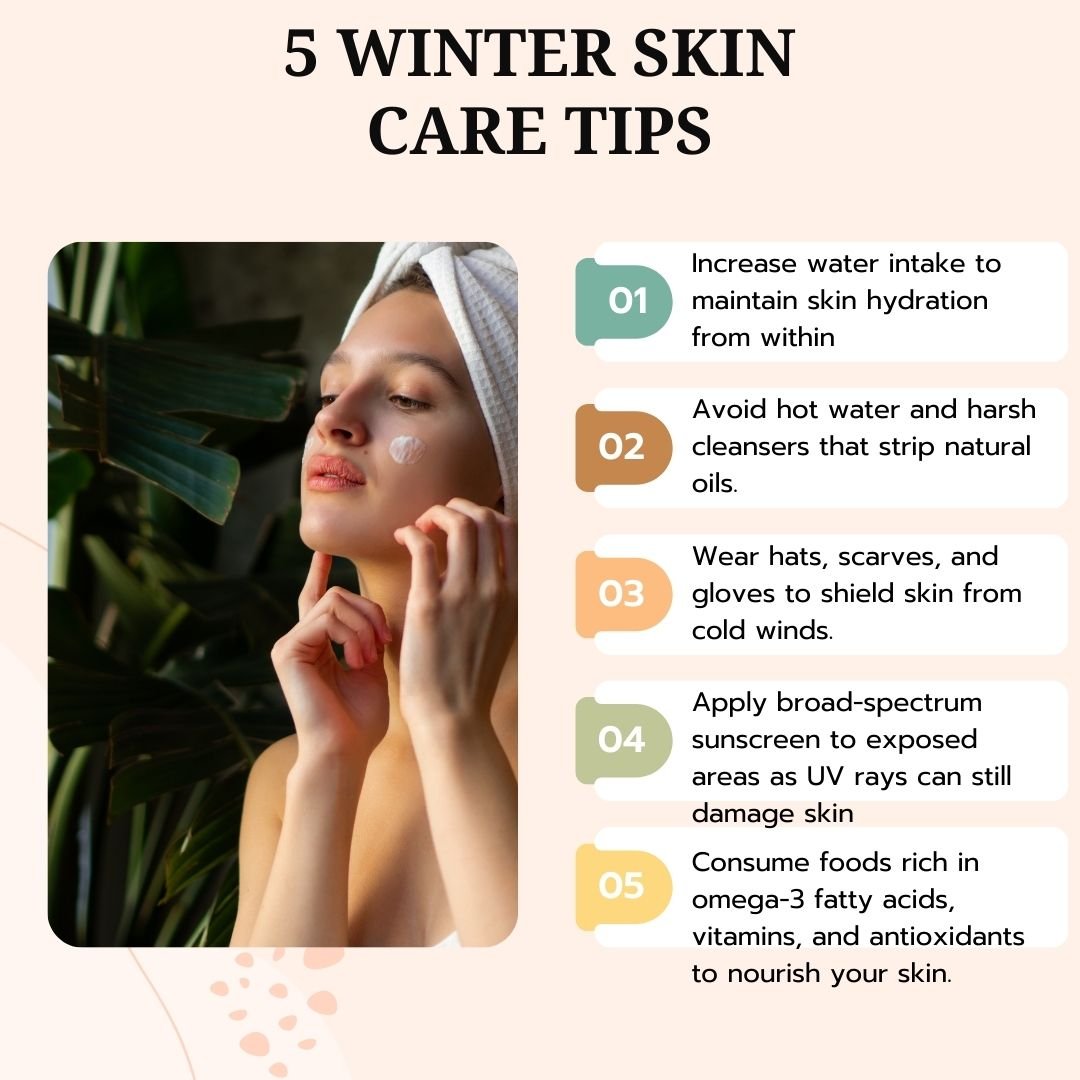Hydration is the secret to smooth, radiant, and resilient skin — but keeping your skin hydrated year-round can be a challenge. Dry air in winter, sun exposure in summer, and even your daily habits can all affect your skin’s moisture balance.
The good news? With a few simple strategies, you can maintain soft, healthy, and hydrated skin through every season. This guide will show you how to hydrate from the inside out, adapt your routine to the climate, and make small changes that yield big results.
Why Skin Hydration Matters
Your skin naturally contains water, and maintaining that moisture is essential for:
- Elasticity and softness
- Skin barrier protection
- Preventing premature aging
- Avoiding flakiness, rough texture, and irritation
When skin becomes dehydrated, it can look dull, feel tight, and become more prone to fine lines or breakouts — even in oily skin types.
1. Drink More Water — Daily
No product can replace proper internal hydration. Drinking enough water is one of the easiest and most effective ways to keep your skin plump and fresh.
- Aim for at least 6 to 8 cups of water per day
- Add slices of lemon, cucumber, or mint to make it more enjoyable
- Herbal teas can also support hydration without caffeine
Bonus: Staying hydrated improves your digestion and energy, too — both of which impact your skin’s appearance.
2. Use a Hydrating Cleanser
While cleansing is essential, some cleansers strip your skin of its natural oils, leaving it tight and dry.
Choose:
- Cream-based or gel cleansers with hydrating ingredients
- Products that are sulfate-free and alcohol-free
- Cleansers containing glycerin, aloe vera, or hyaluronic acid
Cleansing should leave your skin feeling refreshed — not squeaky or tight.
3. Apply Moisturizer While Your Skin Is Damp
This is a game-changer. Applying moisturizer to slightly damp skin helps trap water in your skin before it evaporates.
Steps:
- Pat your face gently after cleansing (don’t fully dry it)
- Apply your moisturizer immediately
- Use upward strokes to spread it evenly
This technique works for both face and body, especially after showers.
4. Choose the Right Moisturizer for the Season
Your skin’s hydration needs change with the weather:
- Winter: Use thicker creams or balms with ceramides, shea butter, or oils
- Summer: Opt for lighter, water-based moisturizers that absorb quickly
- Humid climates: Gel formulas prevent excess shine
- Dry climates: Emollient-rich products help lock in moisture
Adapt your products just like you adapt your clothes for the season.
5. Add a Hydrating Serum to Your Routine
Serums with hydrating ingredients provide a powerful boost — especially under your regular moisturizer.
Look for:
- Hyaluronic Acid: Attracts water to the skin and holds it there
- Panthenol (Vitamin B5): Soothes and moisturizes
- Glycerin: A moisture-binding ingredient found in many effective products
Apply your serum after cleansing and before moisturizing for best results.
6. Protect Your Skin Barrier
Your skin has a natural barrier that keeps moisture in and irritants out. When that barrier is damaged (due to over-cleansing, harsh products, or environmental factors), hydration escapes more easily.
Tips to protect it:
- Avoid using too many exfoliants or actives at once
- Don’t wash your face with hot water
- Use barrier-repair creams with ingredients like ceramides, squalane, or niacinamide
Think of your skin barrier like a shield — the stronger it is, the more hydration it holds.
7. Humidify Your Environment
Indoor heating and air conditioning dry out the air, which can also dry out your skin. A simple humidifier can make a big difference — especially during winter.
- Use a humidifier in your bedroom or office
- Aim for 40%–60% humidity levels indoors
- Add plants to your space for a natural moisture boost
Your skin (and your sinuses) will thank you.
8. Hydrate With Food
Yes, what you eat affects your skin’s hydration, too. Choose foods that are rich in water and skin-supporting nutrients.
Hydrating foods include:
- Cucumbers
- Watermelon
- Oranges
- Lettuce and leafy greens
- Tomatoes
- Zucchini
- Strawberries
Also, healthy fats (like those in avocados, nuts, and olive oil) help maintain your skin’s moisture barrier.
9. Avoid Habits That Dehydrate Your Skin
Some everyday habits can sabotage your efforts. Be mindful of:
- Long, hot showers: They strip natural oils
- Overuse of alcohol or caffeine: Both can dehydrate
- Using harsh, alcohol-based toners or astringents
- Smoking: Reduces oxygen supply to skin and accelerates aging
Replacing these with skin-friendly habits improves hydration and your overall skin health.
10. Be Consistent — Not Perfect
The best hydration routine is the one you stick to. Don’t worry about having every product — instead, focus on small daily habits that add up over time.
- Drink water regularly
- Use a gentle routine morning and night
- Adjust with the seasons
- Listen to your skin’s needs
Even small improvements can make your skin feel more comfortable and look more vibrant.
Final Thoughts: Hydrated Skin Is Happy Skin
Keeping your skin hydrated year-round isn’t about following complicated trends — it’s about understanding your skin, adjusting to your environment, and building simple, effective habits. When your skin has the moisture it needs, everything else — glow, softness, resilience — falls into place naturally.
Start with one or two tips from this guide, stay consistent, and enjoy the benefits of deeply hydrated skin every day.
